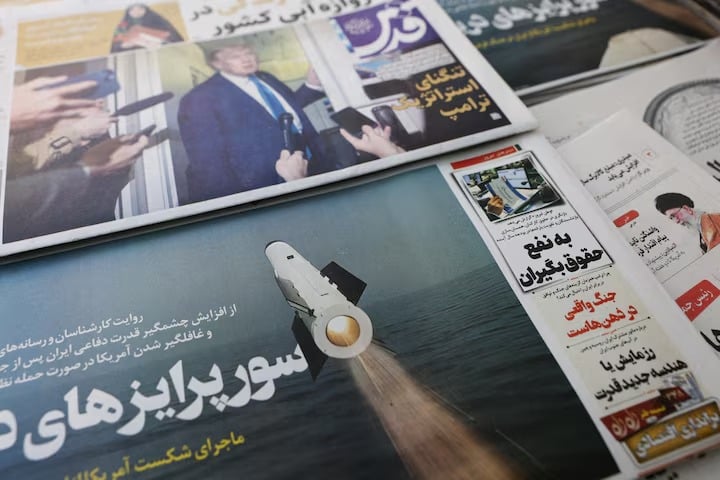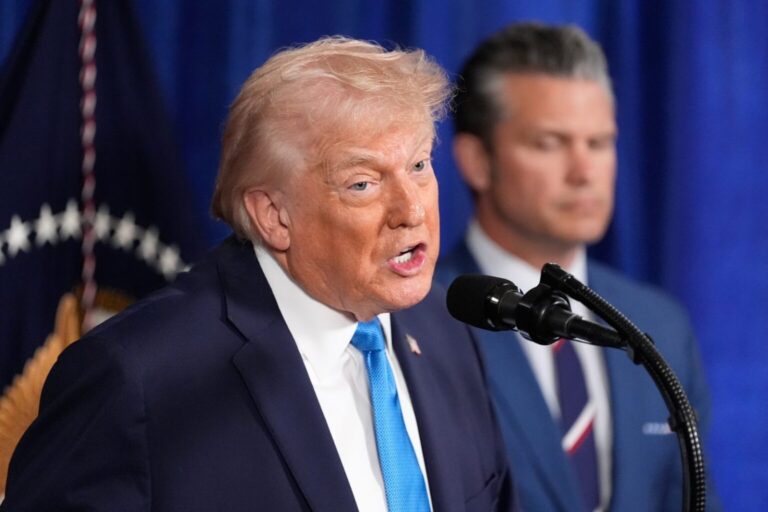Germany has approved the long-stalled sale of 40 Eurofighter Typhoon multi-role fighters to Turkey, removing the final obstacle to the deal within the Eurofighter consortium—comprised of the United Kingdom, Spain, Italy, and Germany.
 |
| Germany approves Eurofighter sale to Turkey |
Turkey initially requested the purchase in 2023, with negotiations led by the UK. Although Germany gave its official approval in 2024, political developments and a change in government in Berlin had cast uncertainty over when, or if, the deal would be finalized.
The purchase is expected to help bridge a critical capability gap in Turkey’s air force, whose mainstay F-16 fleet—much of it acquired in the 1980s—is rapidly aging. While Ankara recently received U.S. approval for the acquisition of F-16 Block 70/72 aircraft, shortfalls in operational readiness and air superiority persist.
 |
| Germany approves Eurofighter sale to Turkey |
Germany’s role in the consortium was pivotal. Without its consent, the other partners were legally barred from proceeding with any sale to a third country. The newly formed coalition government in Germany, led by the Christian Democrats and Social Democrats, has prioritized reducing Europe’s reliance on U.S. defense systems while strengthening partnerships with non-EU allies such as the UK, Norway, and Turkey.
Chancellor Friedrich Merz, who assumed office in May, has repeatedly emphasized the need to deepen European defense ties with regional partners. The UK has also underscored Turkey’s strategic value, naming it a “key partner” in its 2025 national security strategy.
Israeli opposition leader calls for blocking fighter deal
Amid the finalization of the Eurofighter deal, Israeli opposition leader Yair Lapid voiced strong criticism, urging efforts to block the sale. Lapid claimed Turkey seeks to achieve airpower parity with Israel, warning that such an arms transfer poses a serious threat.
“If Israel had a functioning foreign ministry or a normal government, the new deal for the sale of Eurofighter Typhoon jets to Turkey by Germany and the UK would have already been blocked,” Lapid said. “Turkey has the largest and most powerful naval fleet in the Middle East and now aims to achieve parity with Israel in airspace. This is a dangerous situation, and our dysfunctional government has allowed this deal to progress and done nothing to stop it.”
 |
| Germany approves Eurofighter sale to Turkey |
His comments echoed earlier concerns raised by the Nagel Committee, an advisory group appointed by the Israeli government. In a report published in January, the committee claimed Turkey’s ambition to restore regional influence akin to its Ottoman-era reach poses a growing threat to Israel—especially through Turkish-backed factions operating in Syria.
The committee proposed a sweeping defense modernization plan, including a $4.1 billion annual increase in Israel’s defense budget over five years, and procurement of new F-15 fighters, aerial refueling aircraft, UAVs, and satellite systems. Prime Minister Benjamin Netanyahu endorsed the plan, calling it a roadmap to safeguard Israel’s future.
 |
Turkey’s checkered history with fighter deals
Turkey’s pursuit of modern fighters has long been complicated by geopolitical tensions and shifting alliances. Following Ankara’s military intervention in Cyprus in 1974, the U.S. imposed an arms embargo in 1975, citing violations of agreements that prohibited the use of American-supplied weapons in the conflict. The embargo severely strained relations and lasted until 1978.
Throughout the 1980s and 1990s, the U.S. Congress intermittently delayed or blocked arms sales to Turkey over concerns about human rights abuses, particularly in relation to the Kurdish conflict.
 |
More recently, Turkey was expelled from the F-35 Joint Strike Fighter program in 2019 after it proceeded with the purchase of Russia’s S-400 air defense system, despite repeated objections from the U.S. and NATO allies. Washington warned that the S-400 could compromise the F-35’s stealth technologies and intelligence security. As a result, Turkey’s order for over 100 F-35s was canceled, and Turkish defense firms were removed from the supply chain.
Despite this fallout, U.S.-Turkey defense relations have shown tentative signs of stabilization. In early 2024, the Biden administration formally approved the sale of 40 F-16 Block 70/72 fighters and modernization kits, marking a significant shift in policy. Meanwhile, former President Donald Trump and members of his circle have hinted at the possibility of readmitting Turkey into the F-35 program, should political conditions align.
- Fighters for favors: Turkish Parliament approves Sweden NATO bid
- Erdogan links Sweden’s NATO bid to F-16 sale
However, Ankara may now share a growing European skepticism toward overreliance on U.S. defense exports—especially amid Washington’s increasingly uncertain stance on NATO.
 |
A catalyst for domestic defense production
Repeated sanctions and restrictions have fueled Turkey’s determination to build a self-sufficient defense industry. Turkish defense firms, particularly Baykar, have gained international recognition, notably for supplying Bayraktar TB2 drones to Ukraine—where they were used with notable effect against Russian forces.
In 2023, Turkey unveiled the prototype of the TAI KAAN, a fifth-generation stealth fighter. While symbolizing a major leap in ambition, the project still faces a critical obstacle: the lack of a domestic engine.
 |
Currently, the KAAN prototype is powered by Pratt & Whitney F110 engines, the same used in F-16s. However, Turkey is actively seeking alternatives and technology partnerships to secure long-term engine independence. One such attempt involved seeking cooperation with EuroJet Turbo, the manufacturer of the EJ200 engine used in the Eurofighter. Though discussions included potential technology transfer, no agreement ultimately materialized. This ongoing search for engine technology may be one factor influencing Turkey’s interest in the Eurofighter deal, reflecting broader strategic efforts to diversify and domesticise its technology sources.














